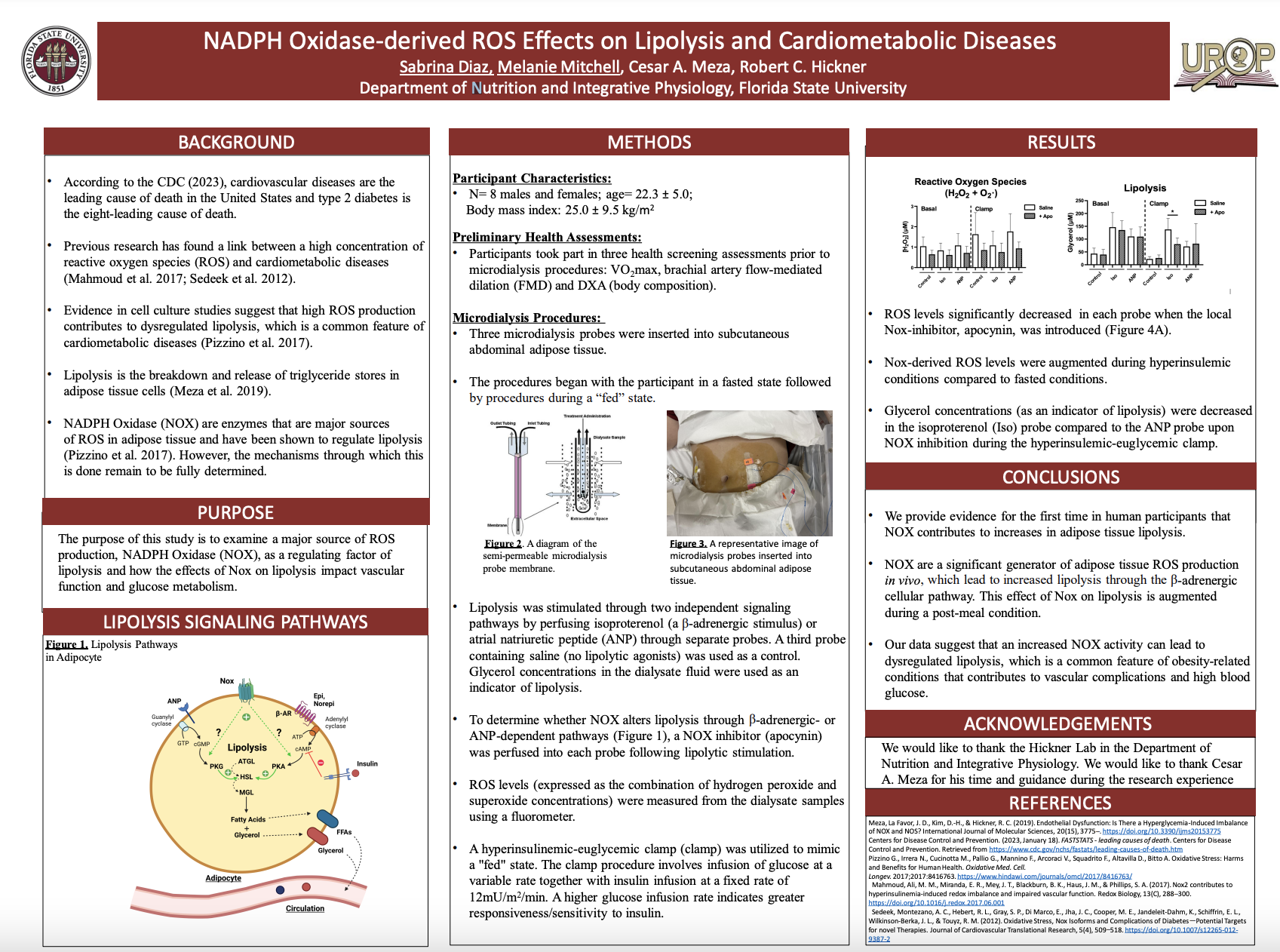Research Symposium
23rd annual Undergraduate Research Symposium, April 6, 2023
Melanie Mitchell Poster Session 2: 1:30 pm - 2:30 pm/ Poster #384

BIO
Melanie is a first-year student from Cincinnati, Ohio majoring in Behavioral Neuroscience with minors in Spanish and Chemistry. Melanie is currently on a pre-medical track with goals to pursue Medical School entering general pediatrics. Her ultimate goal is to create change in the world by excelling academically, serving people in her community, and using her voice and power to promote health equity. Melanie's professional goal is to become a pediatrician who addresses health disparities in children and underserved communities.
Melanie is an ambitious student with intentional involvement in Higher Education, Research, Global Citizenship, Fine Arts, and African-American advocacy. She can be found on campus as the Programming Director for Homecoming Council 2023, a Research Assistant in the Undergraduate Research Opportunity Program, a member of the Presidential Scholars Service Board, a member of the Seminole Tap Troupe, a member of Phi Delta Epsilon Medical Fraternity, a member of SISTUHS Inc, and a participant in the Global Citizenship Certificate Program.
NADPH Oxidase-derived ROS Effects on Lipolysis and Cardiometabolic Diseases
Authors: Melanie Mitchell, Cesar MezaStudent Major: Behavioral Neuroscience
Mentor: Cesar Meza
Mentor's Department: Department of Nutrition and Integrative Physiology, Florida State University Mentor's College: College of Health and Human Sciences Co-Presenters: Sabrina Diaz
Abstract
Background: Previous research has found a link between a high concentration of reactive oxygen species (ROS) and endothelial dysfunction. In addition, evidence suggests that high ROS production contributes to dysregulated lipolysis, which is a common feature of obesity that is linked to impaired vascular function and insulin resistance. The purpose of this study is to examine a major source of ROS production, NADPH Oxidase (NOX), as a regulating factor of lipolysis and how the effects of Nox on lipolysis impact vascular function and glucose metabolism.
Methods: Young, healthy males and females completed a health screening to evaluate vitals (blood pressure and blood sugar) and body mass index. Cardiovascular fitness (a VO2max test) was completed by examining the maximum levels of oxygen utilized during exercise, as cardiovascular fitness levels are correlated with cardiometabolic health. A non-invasive ultrasound test was utilized to assess endothelial function of the brachial artery. A body composition (DXA) scan was performed to obtain data on lean mass and fat mass. Microdialysis was utilized to monitor local fat metabolism and ROS production in the subcutaneous abdominal adipose tissue before and during a hyperinsulinemic-euglycemic clamp procedure. During microdialysis, glycerol is measured as a marker of lipolysis and the contribution of NOX on total ROS production is measured via perfusion of a local NOX inhibitor (apocynin) into microdialysis probes.
We are collecting and analyzing data in our laboratory to determine the relationships between Nox and lipolysis, including how Nox-mediated lipolysis influences endothelial function and glucose metabolism
Keywords: Health, Exercise, Obesity, Cardio, Science


